MindSpeaker 1A
Giving a Voice to the Voiceless
€750,000
total amount raised in round
1000%
- Backed by over 130 investors
Campaign Closed
DISCLAIMER
Every investment decision must be based on an examination of an exhaustive set of information provided by the entrepreneur on their online profile. Spreds only proceeds to a limited verification of this information and does not control the investment opportunity within this company. Spreds did not verify the extent to which the business plan is deemed realistic and does not intervene in determining the final terms of the investment, including the retained maximum valuation. Spreds will align itself with the financial terms negotiated with the co-investor(s).
23/11/23: This campaign has been extended until 15 December, in accordance with the extension condition, as a total of €168,000 had been raised by 23 November.
22/08/23 : This campaign has been extended until 24 November, in accordance with the condition for an extension, now that an amount of €109,500 was raised by 22 August.
Unlocking locked-in minds
A spin-off from the KU Leuven neurophysiology lab, Mindspeller BCI BV (‘MindSpeaker’) restores natural communication for locked-in patients suffering from dysarthria, a motoric speech disorder symptomatic for neurodegenerative diseases such as ALS, Multiple Sclerosis, Parkinson’s Disease, Cerebral Palsy, Traumatic Brian Injury, and stroke. The slow (5 words per minute) metallic computer voice used by the world’s most famous ALS patient, the late physicist Stephen Hawking, hardly qualifies as 'natural' communication. The latter would require the patient to produce at least 100 words per minute using his/her authentic tone-of-voice and allowing eye contact.
Giving a voice to the voiceless
MindSpeaker aims to restore natural communication for paralyzed patients who have lost their ability to speak. The company's breakthrough in Brain-Computer-Interface (BCI) algorithms was patented and provides capabilities to decode speech directly from patients' brain waves using a wearable EEG headset. By simply imagining words or movements, MindSpeaker aims to vocalize a complete sentence using the patient's authentic voice.

A brain–computer interface (BCI), sometimes called a brain–machine interface (BMI) or "smartbrain", is a direct communication pathway between the brain's electrical activity and an external device, most commonly a computer or robotic limb. BCIs are often directed at assisting, augmenting, or repairing human cognitive or sensory-motor functions. Implementations of BCIs range from non-invasive (EEG, MEG, EOG, MRI) and partially invasive (ECoG and endovascular) to invasive (microelectrode array), based on how close electrodes get to brain tissue.
MindSpeaker developed a patented, non-invasive BCI that learns to 'interpret' the patients' unique brain patterns to extract relevant 'features' from imagined speech. As from the early onset of a neuro-degenerative disease, MindSpeaker's AI assists the patient by generating sentences based on suggested keywords. We train the patient starting with a user-friendly UI. The more the patient wears the MindSpeaker EEG headset during the early stage of the disease, the more MindSpeaker's AI learns the patient's authentic communication profile, preparing for full restoration of the patient’s authentic, natural speech as the disease progresses.
Partners
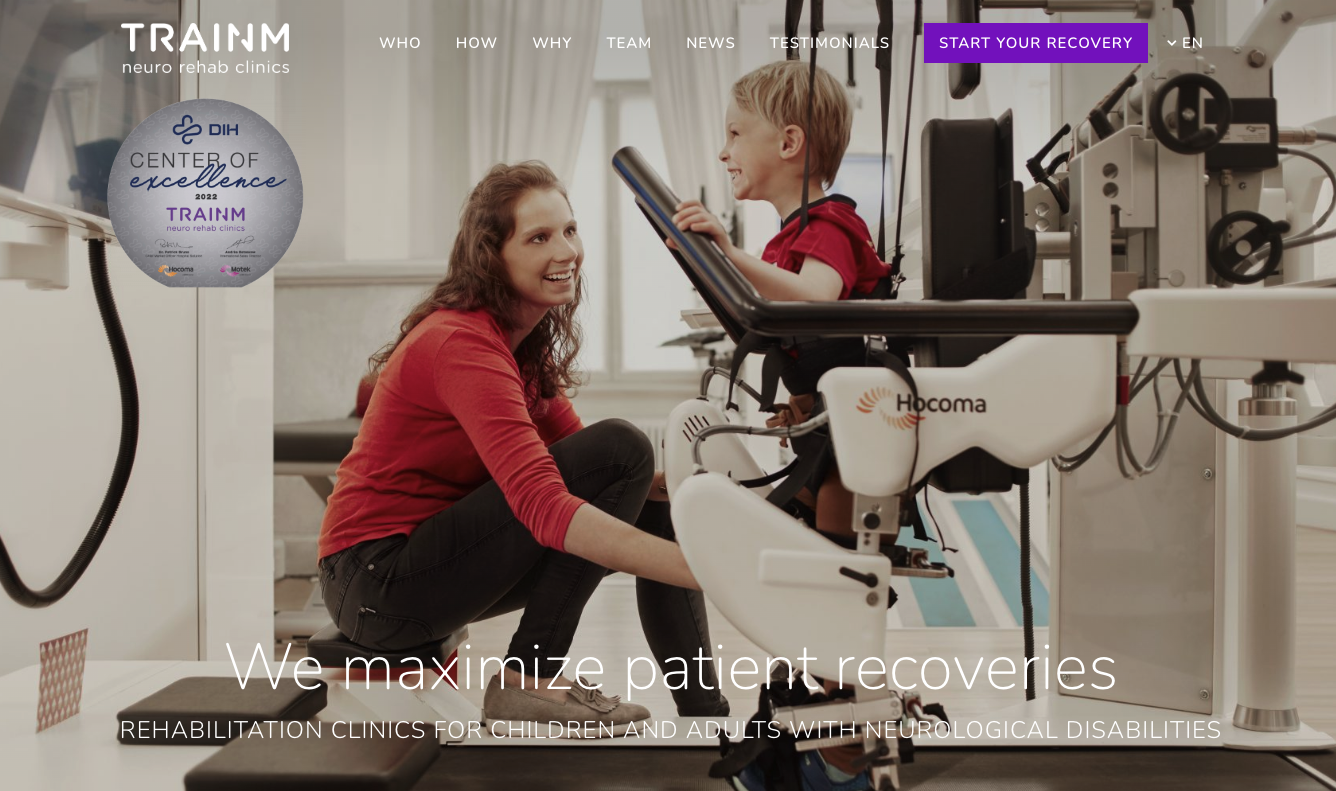
MindSpeaker is partnering with leading European neuro rehab clinics, such as TRAINM in Antwerp and Ghent and Amsterdam. TRAINM’s mission is to help children and adults with neurological deficits achieve measurable recoveries, and to do this even for patients who have been told no further recovery is possible.
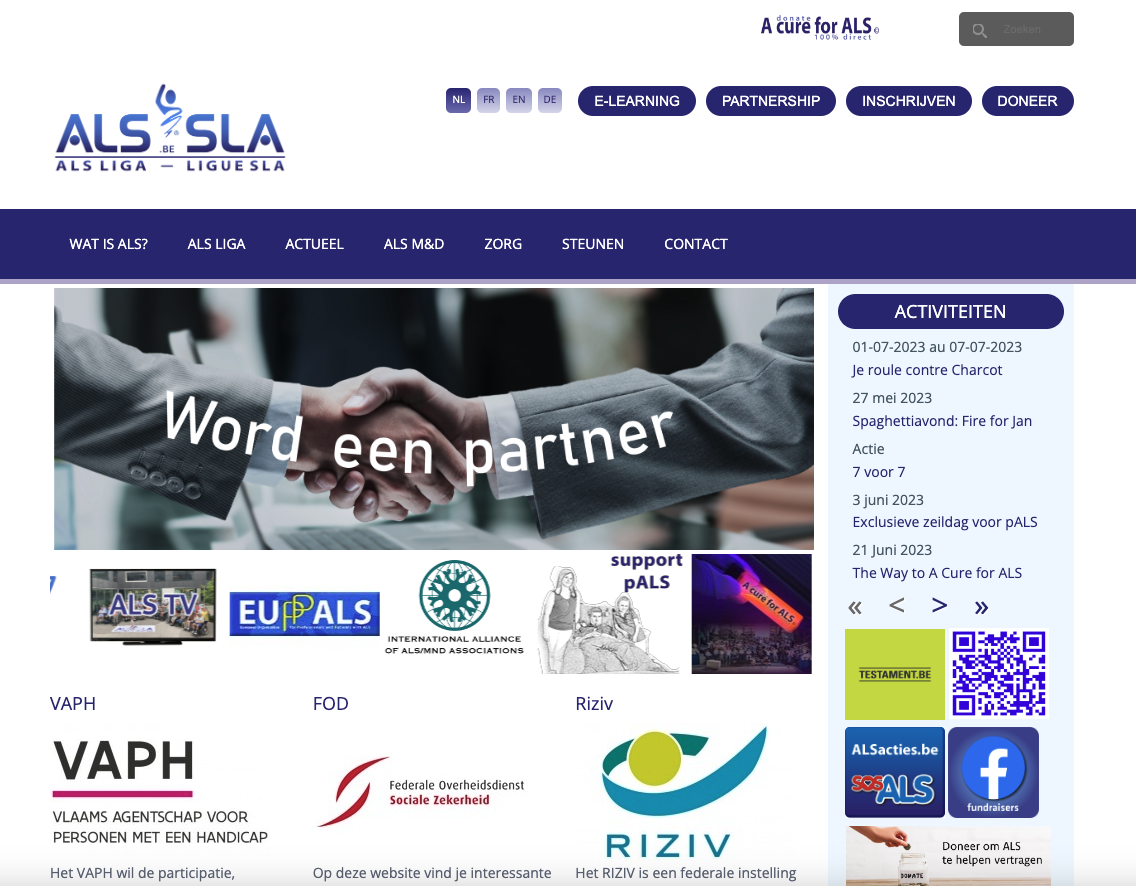
It is our view that developing a communication device based on Brain-Computer Interface (BCI) Inner Speech technology will lead to a high performance solution for ALS patients that entered the locked-in phase, in which they can no longer use existing assistive communication devices like those based on eye-gazing technology. We are convinced that MindSpeaker can deliver such a solution for the unmet need of locked-in ALS patients.
— Evy Reviers, CEO ALS Liga Belgium
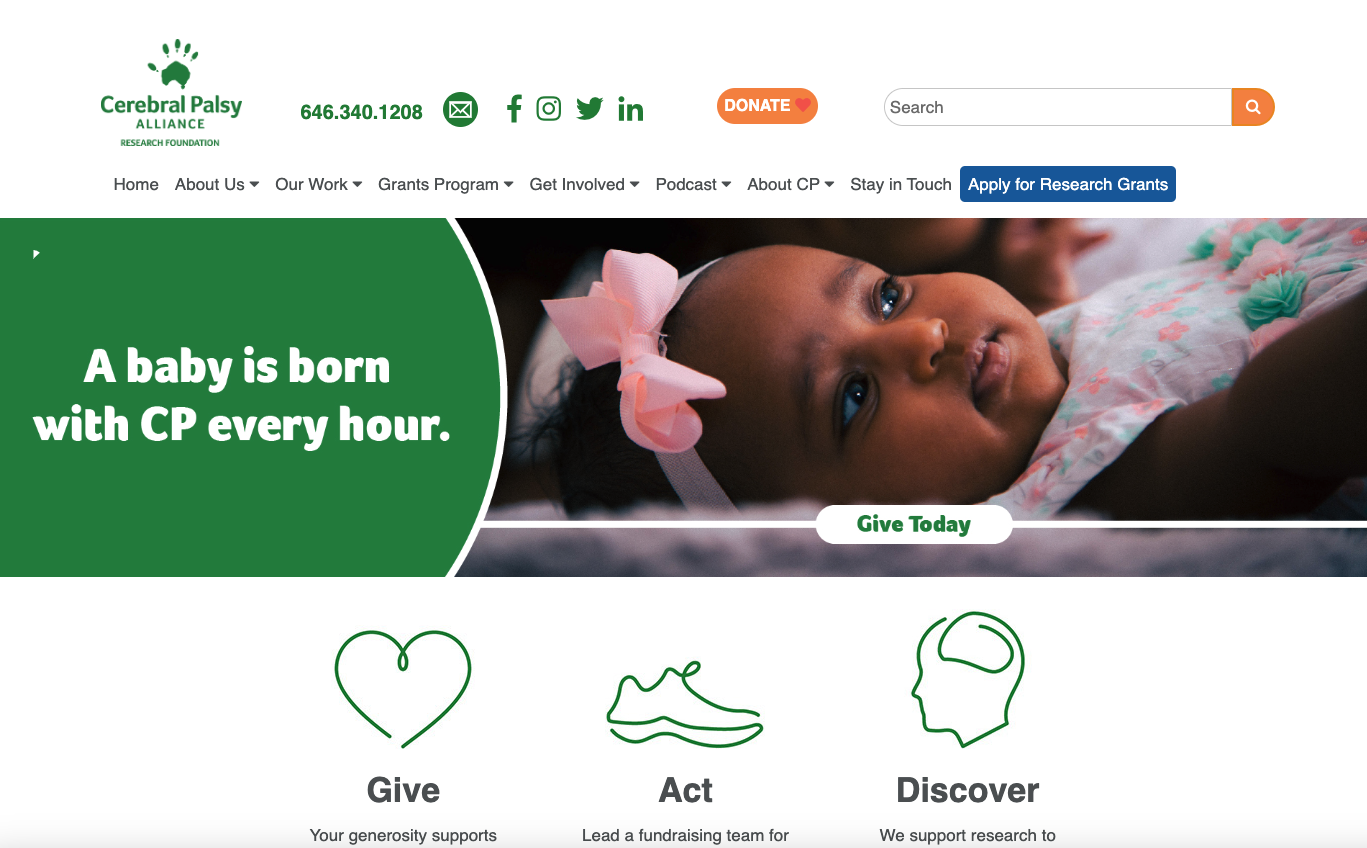
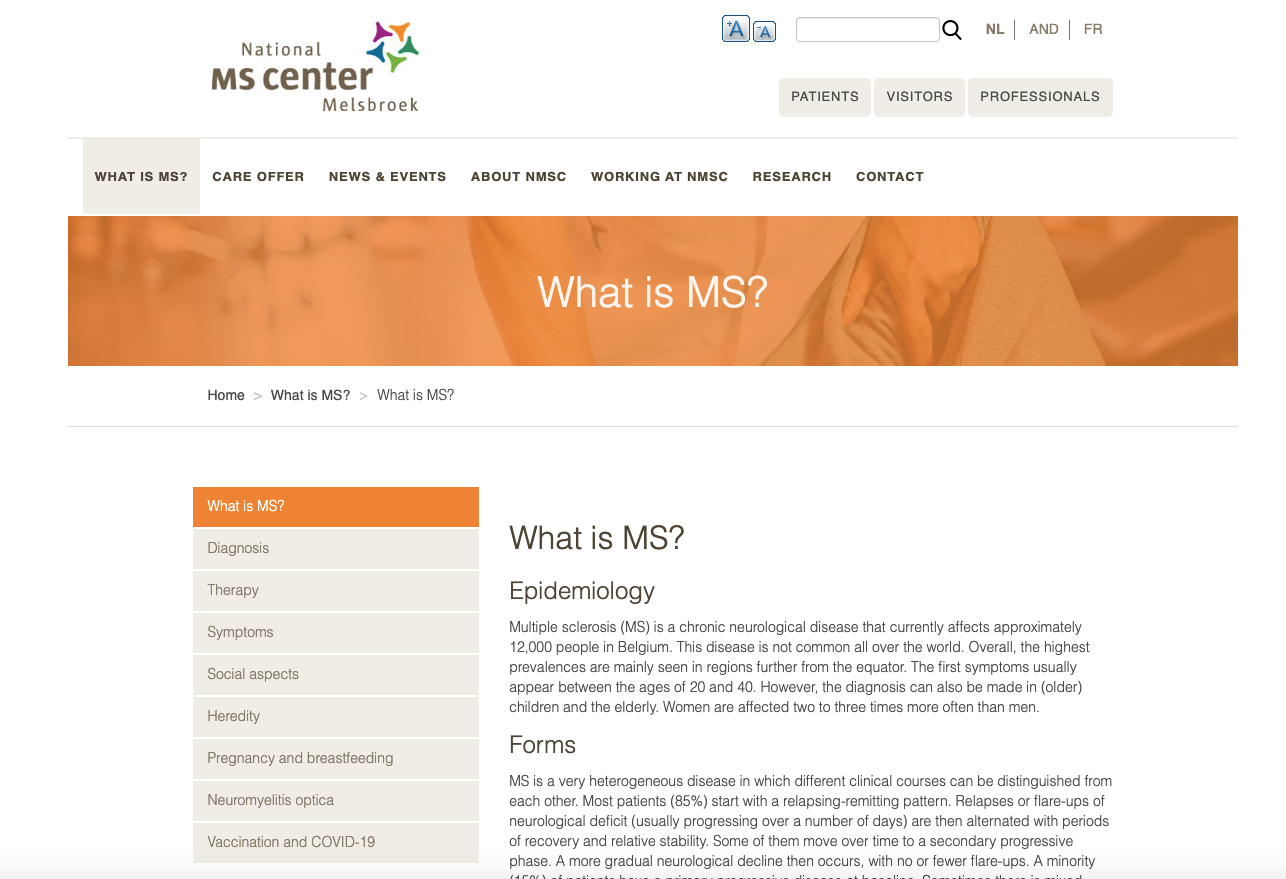
As the target audience also comprises multiple sclerosis (MS) patients, we strongly support the project's ambition. We believe such a device would have a large impact on the communication abilities and consequently on (social) participation and quality of life of the people affected by MS with dysarthria.
— Dr. Tom Meurrens, Medical Director National MS Center Melsbroek
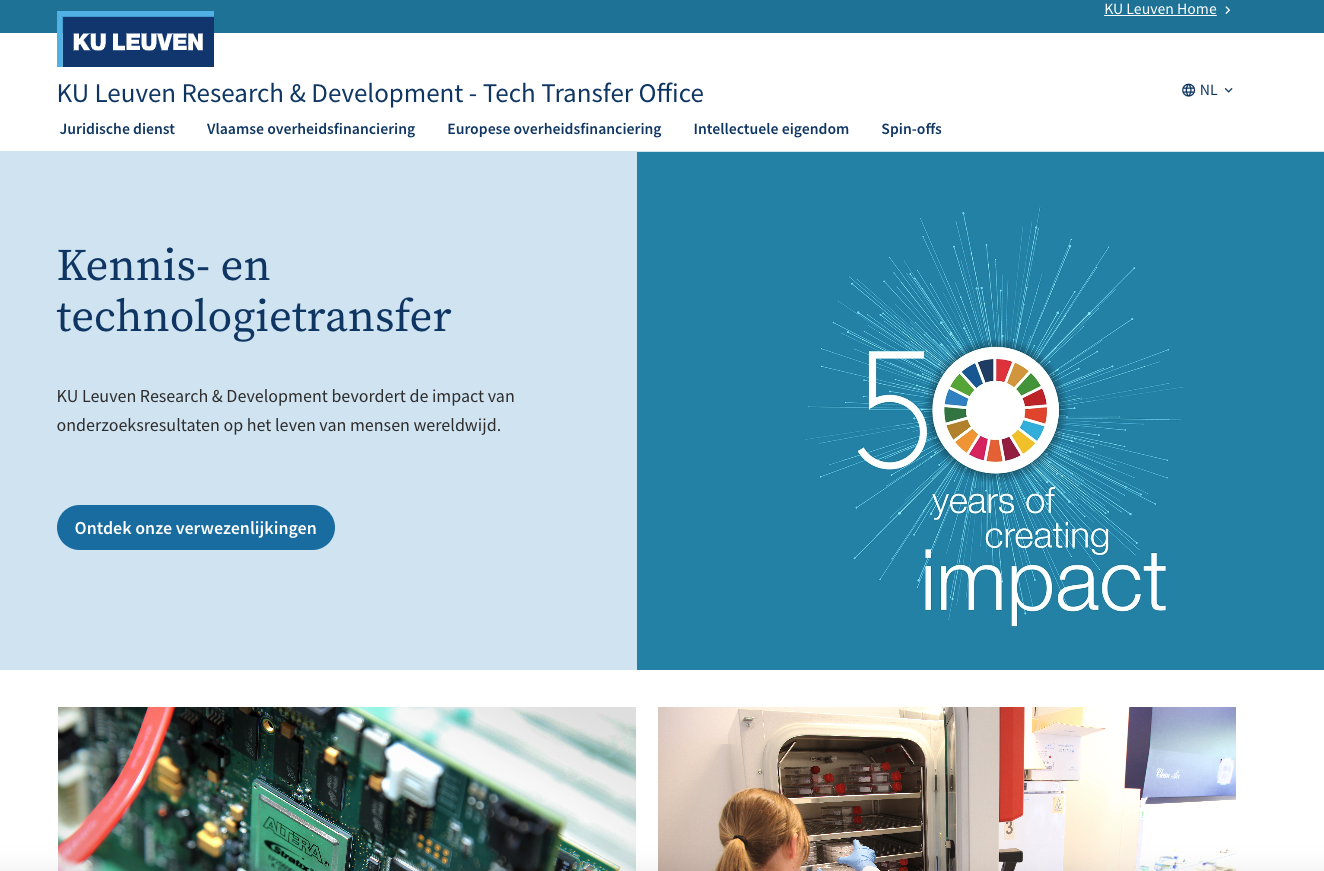
The Company has secured a Vlaio R&D grant (conditional on co-financing) with its research partner, the KU Leuven neurophysiology laboratory, headed by it's co-founder, Prof. Dr. Ir. Marc Van Hulle, PhD
